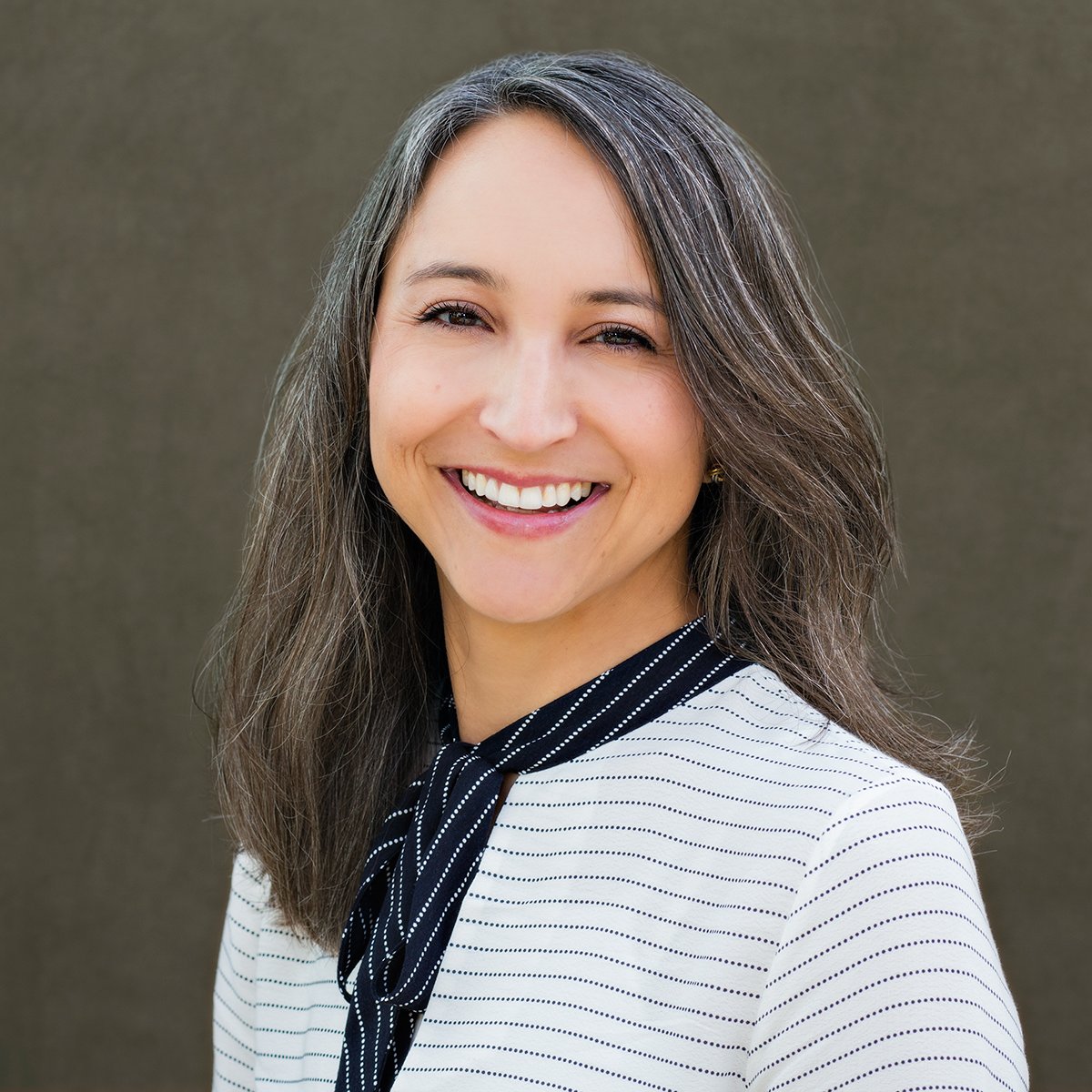Foundation-Funding Recipient Jan Hughes-Austin: Physical Therapy Patient Turned PT
Prior to her first birthday, Jan Hughes-Austin, PT, MPT, PhD, had overcome more than what most people go through in a lifetime. At only four months of age, she was diagnosed with neuroblastoma and had to undergo surgery and radiation. As a result, she would later develop scoliosis and subsequently participated in several clinical studies at Duke University.
Although now rid of the tumor, Hughes-Austin still had more to overcome. She would later come to find that her scoliosis was progressing and would need to wear a brace for two years, only to undergo surgery once more to correct her spine. The post-surgery pain, she recalls, was so severe that she would only allow her physical therapist to touch her and aid with her recovery.
“This was an eye opening-experience in physical therapy for me,” she said, “just because my physical therapist was the only one I would trust to help me get out of bed. No one knew how to touch me and there are only few people you would trust when you are in an immense amount of pain. The highlight of my day was when my physical therapist would drop by.”
For so long, Hughes-Austin had been on the receiving side of the health care system. She was introduced to different specialties but it was her own experience with PT that propelled her into a lifetime of giving back in the form of physical therapy.
“I knew, growing up, that I wanted to be in healthcare; I just wasn’t sure exactly how I wanted to serve. Physical therapy seemed to be something I would enjoy while still having the satisfaction of being able to serve the public and interact with people in a meaningful way.”
Hughes-Austin went on to pursue a Bachelor’s degree in Public Health Nutrition at the University of North Carolina at Chapel Hill (UNC Chapel Hill) and later applied to PT school. Not long after, she completed her Master of Physical Therapy degree at the same institution. After practicing outpatient PT in Alaska and Colorado, she would later move to the University of Colorado, Anschutz Medical Campus to pursue a PhD in Epidemiology.
As a student at UNC Chapel Hill, Hughes-Austin was introduced to the Foundation for Physical Therapy through its annual grassroots fundraising effort led by PT and PTA students, the Marquette Challenge. Interestingly enough, she later went on to become the recipient of the 2014 Miami-Marquette Challenge Research Grant.
“Physical therapists are a motivated group and students of PT are just as enthusiastic and motivated,” said Jan. “As students you want to be the biggest advocate and the biggest cheerleader and fundraiser you can be for your field. And so it was surreal to be in the position of receiving the Marquette award because of the accountability that comes along with it. I know of the effort that goes into this fundraiser and so receiving the award meant the world to me.”
Hughes-Austin is currently an assistant professor at the University of California, San Diego in the Department of Orthopaedic Surgery and is preparing to release the results of her Marquette grant soon. Her aim was three-fold: a) to determine the associations between rheumatoid arthritis (RA)-related autoantibodies and physical activity in first degree relatives of patients with RA; b) to determine the associations between inflamed joints and physical activity with vertebral bone mineral density in first-degree relatives of patients with RA; and finally, c) to determine associations between RA-related autoantibodies and lumbar spine bone mineral density in first degree relatives of patients with RA.
“Findings from my Miami-Marquette award will provide knowledge of underlying disease processes (e.g., bone loss) to physical therapists when discovering inflamed joints and family history of RA during clinical exams. This knowledge will hopefully allow PTs and health care providers to potentially intervene and prevent bone loss and joint destruction so commonly found in RA.”
“The Miami-Marquette Grant was the first grant I received and it certainly gave credit to my ideas. Once your ideas have been put out there and are vetted by your peers, people are more likely to want to know more and so getting this award really set the path for more support. Getting this award opened other opportunities. The Rheumatology Research Foundation and NIH later embraced these ideas as well and so the Marquette award was the catalyst. This grant also gave me the opportunity to ask questions that nobody has really asked before. It was nice to have someone embrace my vision and that in itself is an incredible feeling.”
Hughes-Austin credits the Foundation with helping to jumpstart her research career and wants other researchers to know it is ok to go about paving their own path in a “non-prescribed way.” “My biggest advice is to stay curious and open to opportunities. The lesson I learned the hard way, though, is to seek fantastic mentors, even if they are not in the exact area of research you are. It’s more important to have a mentor and advocate that believes in you and wants you to succeed than it is to be in your exact research area where no one cares. Your mentor will help you get there.”
Select Foundation Grants and Scholarships Awarded
JAN HUGHES-AUSTIN, PT, MPT, PHD
